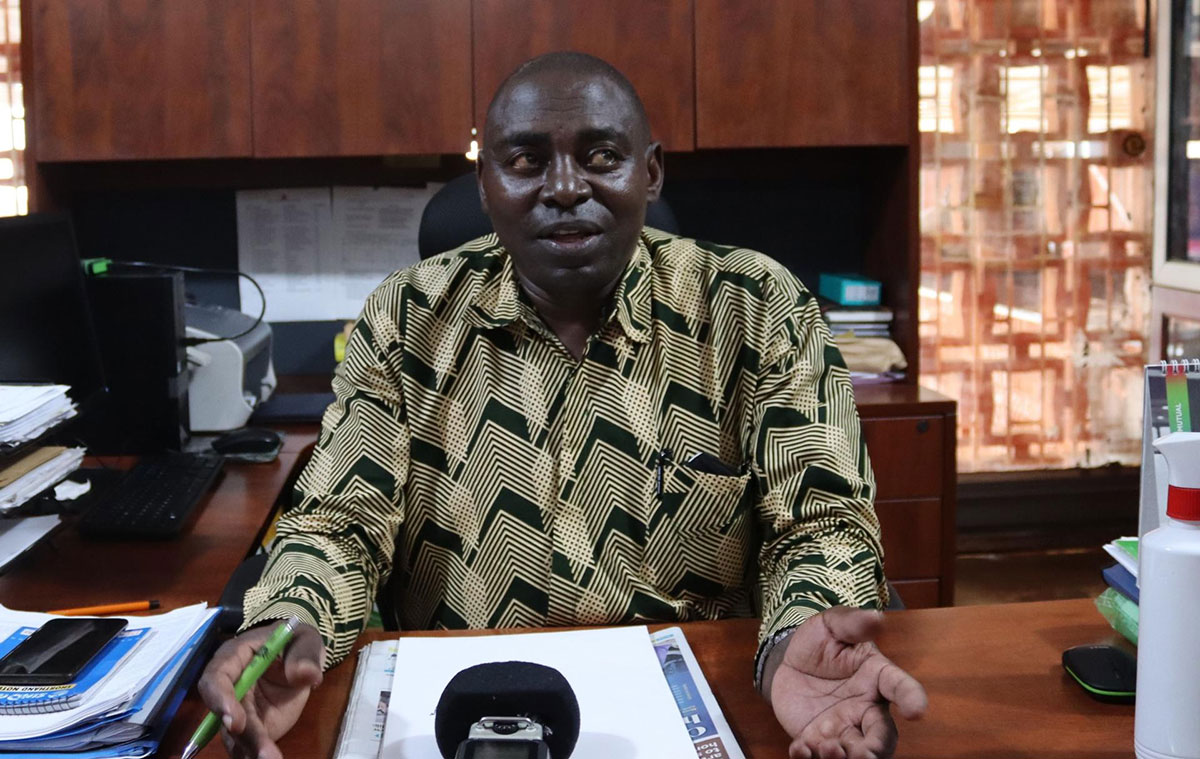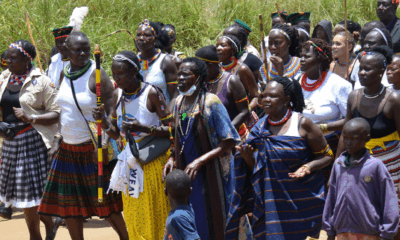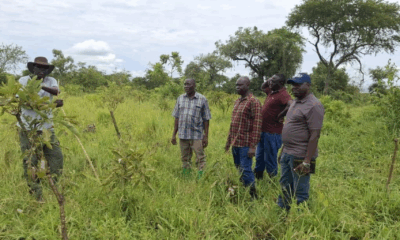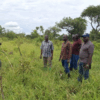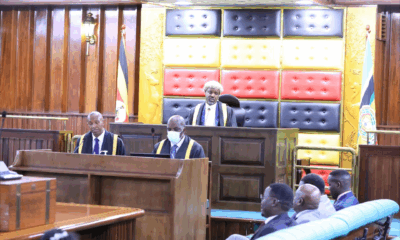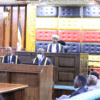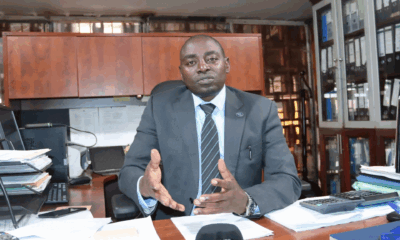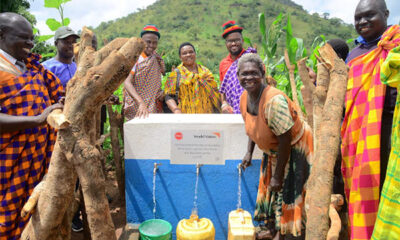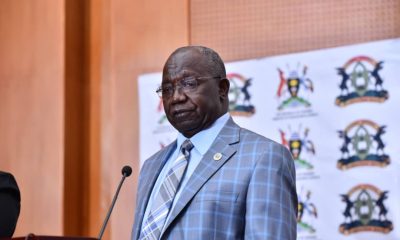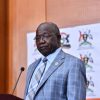Education
Uganda Teachers’ Union Strike Continues Amid Low Turnout
A complex mix of compliance and resistance continues to surround the Uganda National Teachers’ Union (UNATU) regarding its nationwide strike. Just before the commencement of the third school term on Monday, UNATU’s General Secretary, Filbert Baguma, announced a countrywide work stoppage, urging the government to address pay inequalities and improve working conditions for educators.
Baguma called on teachers to remain out of classrooms until their long-standing demands—dating back to 2022—are fully met. However, despite UNATU’s call to action, the strike has seen minimal turnout in various regions. At Hill Road Public School, the largest public school in Masaka City, all 47 teachers reported on Tuesday and proceeded with lessons as scheduled.
The school’s headteacher, Benedict Nkata, acknowledged the inadequacy of government salaries but pointed out that parental contributions via the PTA help supplement teacher income. He questioned the rationale for striking under these circumstances. Nkata, who also serves as Secretary for the Association of Government Primary Schools Headteachers in Masaka City, added that the union failed to clearly communicate the strike, which in turn reduced its effectiveness.
UNATU’s Masaka District Chairperson, Ahmed Mustapha Wamala, voiced concern about school leaders allegedly obstructing the industrial action. “Some Head Teachers have given contacts of teachers to district and sub-county internal security officers, who are now calling, intimidating, and instructing them to report for duty,” he said. Wamala cautioned the government against compelling reluctant teachers to return, warning it could harm the educational environment.
In Kapchorwa District, the Headteacher of Kapchorwa Primary School, Stephen Munerya, explained that Primary Seven pupils were allowed to continue classes in preparation for final exams. Parents contributed financially to sustain learning during the strike, while younger students were sent home due to the absence of teachers.
Meanwhile, in Moroto District, student attendance has plummeted as a result of the industrial action. Samuel Ewangu, head of Kasimeri Primary School, observed that many parents were unsure whether to send their children to school. In Terego District, UNATU Chairperson Gabriel Eriku reported that teachers are facing threats of disciplinary action from school inspectors if they continue participating in the strike.
The strike has also extended to technical and vocational institutions, where educators are pushing for reforms in the sector. However, response levels have varied. At Kikinzi Technical and Vocational Institute in Kabale, Principal Gabriel Mubangizi reported that only two out of nine government instructors joined the strike, while the rest resumed teaching after notifying the school.
Dr. John Chrysostom Muyingo, the State Minister for Higher Education, criticized the unions for resorting to a strike. He said earlier engagements with UNATU had resulted in an agreement for phased salary increments beginning in the upcoming financial year. “We do not know why they decided to strike, as the government has already begun the budget cycle and is addressing teachers’ concerns,” he said. Dr. Muyingo also emphasized that a minority group cannot “hold the government at ransom” in pursuit of what he described as “selfish gains.”
Comments



